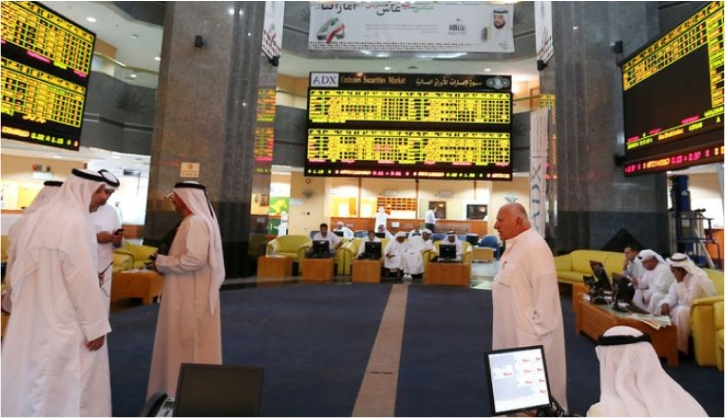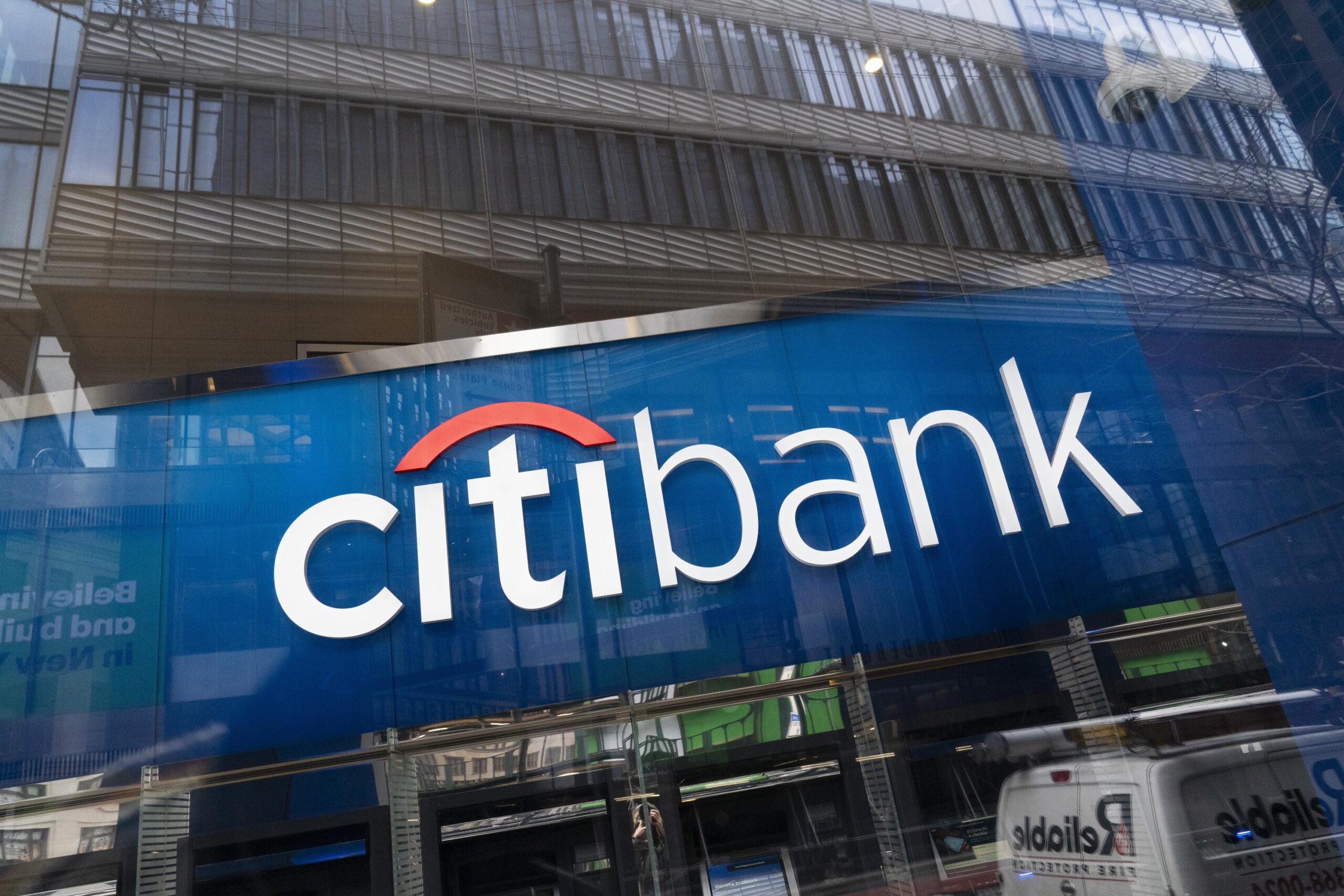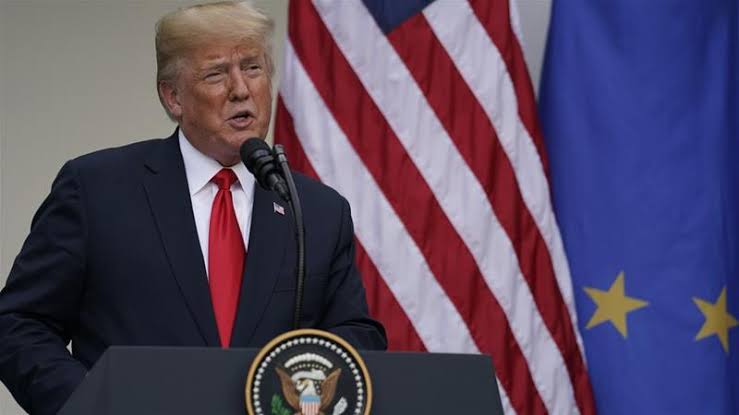Amazon plans to build major new campuses in New York City and next to the Pentagon near Washington DC, and expand its operations in Nashville.
The decision comes 14 months after the tech giant kicked off a continent-wide competition by announcing a search for a “second headquarters” location.
The contest drew 238 bids, as local officials leapt at the chance to land a potentially transformative investment.
The three locations could create some 55,000 jobs in the next two decades.
Amazon said it expected to invest about $2.5bn each in New York and Arlington, where the offices are planned to host more than 25,000 “high-paying jobs”.
It said Nashville, Tennessee would become Amazon’s new East Coast hub of operations, creating another 5,000 positions.
In exchange, the e-commerce giant is due to receive more than $2bn (£1.9bn) worth in tax benefits and other incentives from the state and local governments.
How did it make its decision?
Amazon had originally said it was looking to build a single “HQ2” in a large urban area, with proximity to a major airport and access to mass transit.
The company said at the time that the new premises would create as many as 50,000 jobs and cost at least $5bn to build and operate.
However, Amazon eventually decided to split the jobs and investment between two different locations.
On Tuesday, the firm said the division would allow it to “attract more top talent”, especially in software development, when hiring starts in 2019.
What was the reaction?
Shares in property companies expected to benefit shot up after rumours of Amazon’s selections circulated this month.
On Tuesday, top politicians in New York and Virginia cheered the announcement, while property firms reported surging interest in the two neighbourhoods.
Others voiced worries that the influx of workers would drive up housing costs, crowd highways and otherwise strain local resources, as Amazon’s expansion has in its hometown of Seattle, where it employs more than 45,000 people.
So what about those tax incentives?
Amazon is due to receive more than $1.7bn in incentives from New York, and more than $500m from Virginia, benefits tied to Amazon’s delivery of its promises for jobs and investments.
Some of the funds will go to improve transport, parks and other infrastructure in the neighbourhoods.
Still, New York State Senator Michael Gianaris said the decision to offer tax incentives was a “a huge mistake”, given the needs of the city’s schools and subway system.
While Amazon initially appeared to be casting its net wide, its final selection will reinforce those trends, said Mr Muro.
Losers on the firm’s 20-city short list included Newark in New Jersey, Columbus in Ohio and Miami in Florida.
“It’s in a way a missed opportunity for the nation to channel major new investment into new places, especially ones in the heartland,” he said.
“The digital economy for now at least is organised around superstars,” Mr Muro said. “This is about the big getting bigger, the strong getting stronger, the rich getting richer.”

















